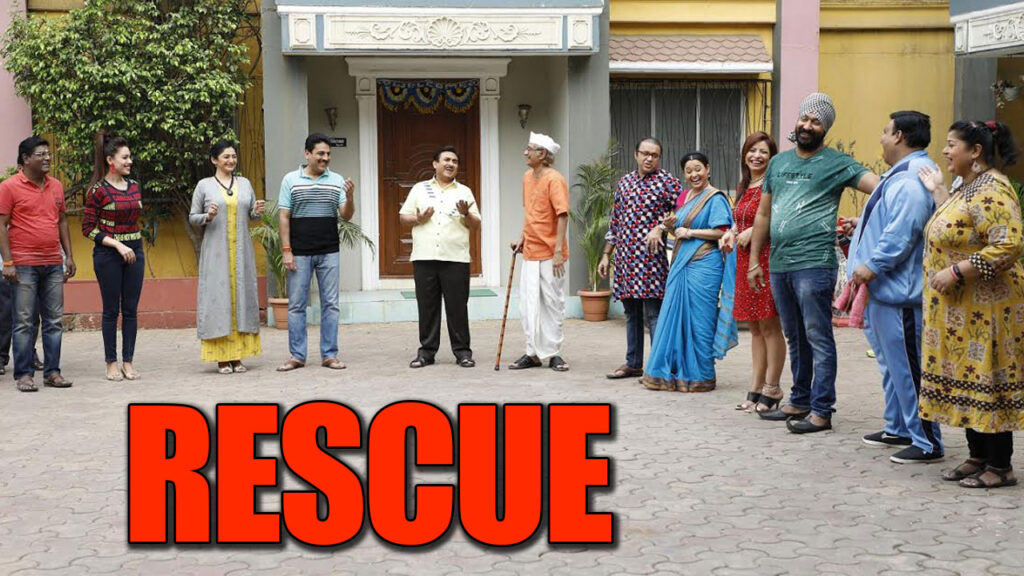The upcoming episode of Neela Film Productions Private Limited’s Taarak Mehta Ka Ooltah Chashmah (TMKOC) will conclude the whole big argument over language identity with one underlying message, with the message being unity in diversity. Post the fallout between Gokuldham Society’s residents over which language must be chosen to write the ‘Thought of the Day’, each one sticks to speaking in their mother tongues. It is chaos as everyone is talking to everyone else in their own tongues and no one understands anything! But that is until the experienced and wise Champakk Lal comes to the rescue of Gokuldham and explains that the only language which everyone understands is the language of love and happiness.
Anjali and Taarak Mehta are the only ones who seem to understand that nothing good is going to come out of this dispute over languages and are thinking of ways to diffuse the on-going tension. But despite all their attempts at making rest of the mahila as well as the purush mandal understand that such stubbornness will only make things worse, no one seems to relent. That is when they bump into Champakk Lal who is returning from his visit to the temple and explain to him all that has transpired. On hearing the entire story, he immediately calls out to everyone and asks them to assemble in the Society compound.
He calms everyone down and then explains that one of our country’s biggest assets is diversity. He reminds them that a great country like ours respects all the different cultures, religions, ethnicities and even languages. This makes India a unique country and likewise Gokuldham Society should learn from its country’s legacy about respecting the diversity in languages. Then he offers a simple yet effective solution to end the debate over which language should the ‘Thought of the Day’ be written in, and everyone happily agrees with him.
What is Champakk Lal’s advice? How did no one else think about it? Will they really write in different languages every day or will they just translate the proverbs and write in Hindi for everyone to understand?

